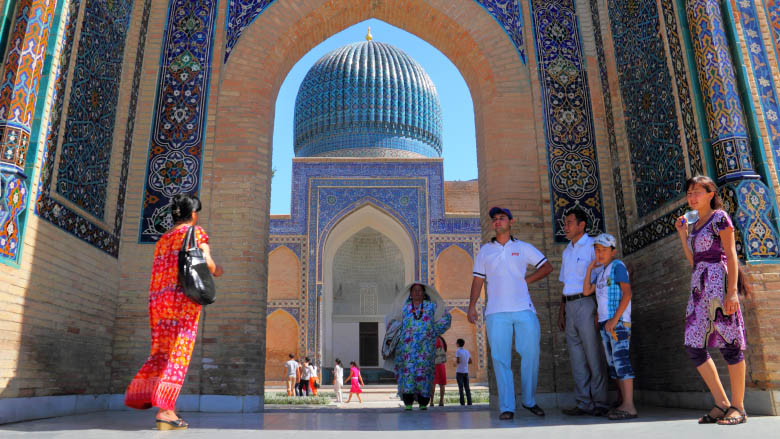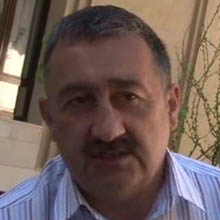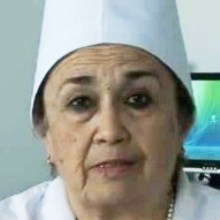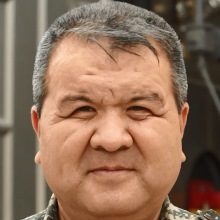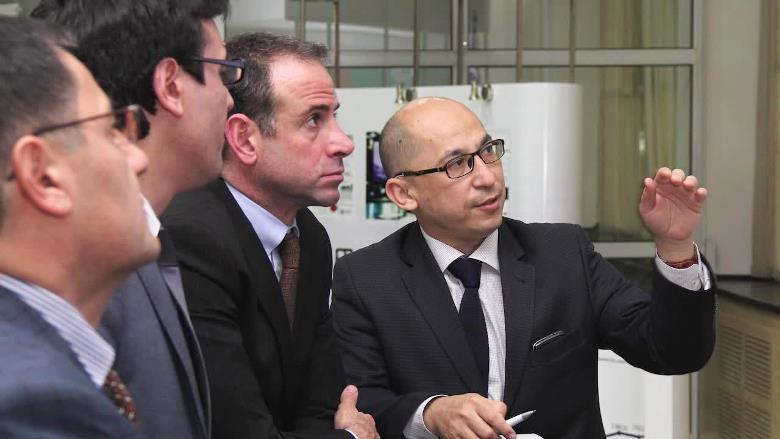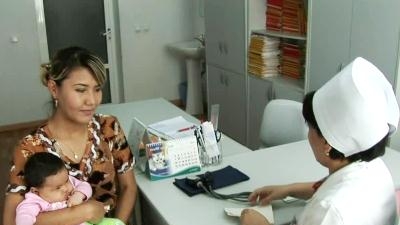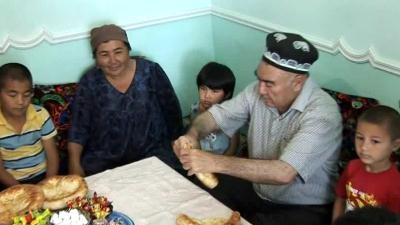Challenge
Uzbekistan is Central Asia’s largest and most populous country, whose 31 million citizens (34 percent under age 14) comprise nearly half the region’s total population. Since independence in 1991, Uzbekistan has had a highly centralized government, public accountability is weak, and citizen participation in economic and social policy dialogue remains limited.
Since 2004, Uzbekistan has experienced stable growth of roughly 8 percent, driven mainly by domestic demand (especially public investment), but reforms to address economic inefficiencies and diversification have lagged behind. Growth has been reliant on capital and resource-intensive industries such as copper, cotton, gold, and gas that fluctuate in tandem with global commodity prices. The business climate remains a critical issue, and restrictions on foreign exchange allocation and local currency circulation are key impediments to foreign direct investment.
Economic growth led to a reduction in the nationally defined poverty rate to 14.5 percent in 2013, which is on track to continue falling to 13.7 percent in 2015. Although the country remains on course to achieve its goal of cutting poverty in half, related challenges such as inequality and rural-urban and regional disparities persist.
Approach
The WBG supports Uzbekistan’s vision of becoming an industrialized, high-middle-income country by 2030. Critical elements for this transformation include: (a) increasing economic efficiency and competitiveness and reducing dependence on a few commodity exports; (b) strengthening the financial sector to support private entrepreneurial activity; (c) diversifying production toward tower value-added activities that demonstrate comparative advantage; (d) creating jobs for the rapidly growing young population; and (e) improving governance, including access to information on government policies and their outcomes.
For eight years, the WBG has maintained a two-track approach. Under the first tier, the Bank has provided support for improving infrastructure efficiency and access to social services through lending and advisory services. Under the second tier, support for the Government’s competitiveness and economic diversification agenda has focused on policy dialogue and technical assistance. On both tracks, the WBG program has delivered results by scaling up lending programs for the first tier and deepening policy discussions in the second.
During the Country Partnership Strategy (CPS) period (2012–15), the Bank delivered 12 operations for US$1,467.59 million, of which US$862.5 million was International Development Association (IDA) and US$542.5 million International Bank for Reconstruction and Development (IBRD). The International Finance Corporation (IFC) invested US$9.1 million, US$8 million in finance and insurance and US$1.1 million in agriculture.
